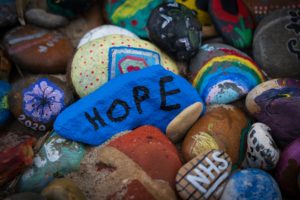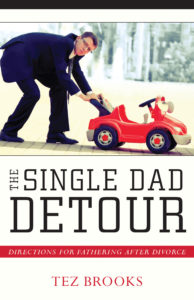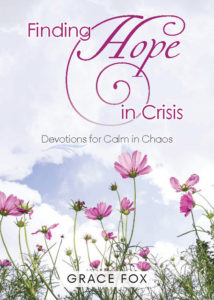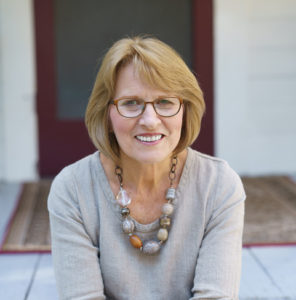FEBRUARY IS HERE. And so are thoughts about Valentine’s Day. Hearts and flowers decorate the stores. Heart-shaped boxes of chocolates greet us on our way in to shop for groceries. It’s the month of love.
It’s a happy time for some people. But for others, the coming of Valentine’s Day just magnifies the pain tugging at their hearts. Focusing on “love” is the last thing they want to do.
If this is you, and your heart sinks with melancholy when you think about Valentine’s Day, turn your heart in another direction, where true love is encased in a reality beyond what you have ever known or will ever know in this world. If you do, the sorrow and disillusionment of Valentine’s Day may actually open your eyes to the most loving relationship you have ever known. Yes, you might find hope in an unexpected place.
If we look up instead of inward, if we chase away those fears of rejection by earthly lovers and instead embrace the true lover of our souls, we will rise above the failures and pain and begin to understand the true nature of love.
The author of love stands ready to enfold us in His arms. He is always ready to give and receive our love. And he will never leave us. His is the pure, unconditional love we long for, but will never find on this earth among fallen humankind.
Who else would pursue us through eternity to give us life by subjecting Himself to death? Who else is so intent on giving us joy that He would take intense sorrow and pain upon Himself so we can enter into the wonder of an eternity with Him? And our eternity can begin now in a loving relationship with Him as we trust Him and lean on Him and take His word into our hearts.
Paul pleads for us to understand this in his book to the Ephesians when he says: “I pray that Christ will be more and more at home in your hearts, living within you as you trust in him. May your roots go down deep into the soil of God’s marvelous love; and may you be able to feel and understand, as all God’s children should, how long, how wide, how deep, and how high his love really is; and to experience this love for yourselves, though it is so great that you will never see the end of it or fully know or understand it. And so at last you will be filled up with God himself.” (Ephesians 3:17-19 Living Bible)
Cling now to these words. Fill your minds up with this incredible truth. Open your heart to Paul’s prayer and accept God’s wondrous love that is meant for YOU.
“How long, how wide, how deep, and how high his love really is!” How amazing! How incomprehensible. Can you wrap your minds around it? This Valentine’s Day meditate on these words. Let God’s love embrace you. As I’ve heard my grandchildren say, It may be “the best Valentine’s Day ever.”
But God demonstrates his own love for us in this: While we were still sinners, Christ died for us. (Romans 5:8)
If your heart is hurting and Valentine’s Day just seems like one more painful thing to take in, the heart-warming words of my book, Broken Heart on Hold, may bring you the peace and loving God-connection you’re looking for.

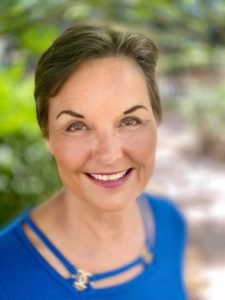
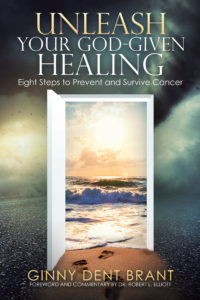
 WHEN SELENA TOLD ME about her divorce, I was crushed. Years before, she had gone through Marriage 911, reconciled with her husband and been an enthusiastic supporter of others going through our ministry. We hadn’t been in touch for quite a while, and when she informed me of the happenings of the previous year, I was in shock.
WHEN SELENA TOLD ME about her divorce, I was crushed. Years before, she had gone through Marriage 911, reconciled with her husband and been an enthusiastic supporter of others going through our ministry. We hadn’t been in touch for quite a while, and when she informed me of the happenings of the previous year, I was in shock.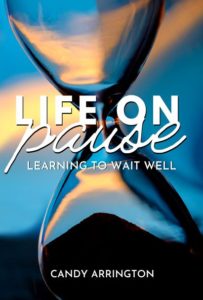
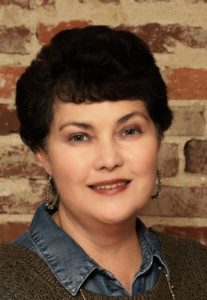

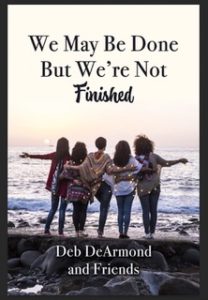 WHEN THE YEARS begin to creep up on you faster than you’d like, you may become apprehensive about the changes taking place. Getting older can seem like a real bummer. But author Deb DeArmand has taken the challenge to offer some encouragement for you, along with a lot of laughs, in her new book,
WHEN THE YEARS begin to creep up on you faster than you’d like, you may become apprehensive about the changes taking place. Getting older can seem like a real bummer. But author Deb DeArmand has taken the challenge to offer some encouragement for you, along with a lot of laughs, in her new book, 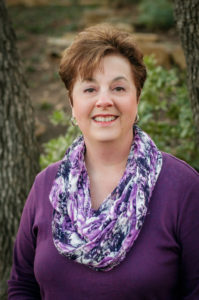 if we allow it to do so. It may cause us to lose self-confidence and begin second-guessing ourselves. It can also impact our opportunities as well.
if we allow it to do so. It may cause us to lose self-confidence and begin second-guessing ourselves. It can also impact our opportunities as well.
